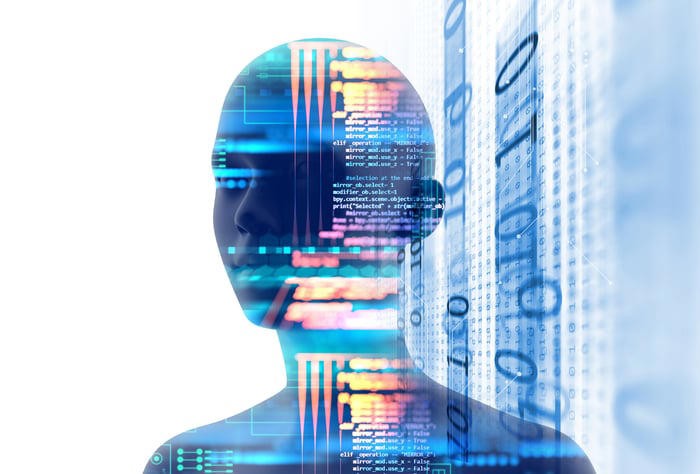
In a bold prediction that could reshape the landscape of artificial intelligence, Microsoft Corporation's (MSFT) AI Chief has announced an anticipated breakthrough in persistent memory technology by 2025. This development is expected to pave the way for transformative AI interactions, potentially revolutionizing how we engage with intelligent systems.
The concept of persistent memory represents a significant leap forward in computing technology. Unlike traditional volatile memory that loses data when power is cut, persistent memory retains information even when a device is turned off. This capability could dramatically enhance AI systems' ability to learn, remember, and apply knowledge across extended periods.
Microsoft's AI leadership believes this advancement will enable AI to maintain context and "memories" more effectively, leading to more natural and human-like interactions. Imagine conversing with an AI assistant that remembers your preferences, past conversations, and personal details without the need to constantly reintroduce yourself or repeat information.
The implications of this breakthrough extend far beyond simple convenience. In fields such as healthcare, persistent memory could allow AI systems to maintain comprehensive patient histories, potentially improving diagnosis and treatment planning. In education, AI tutors could adapt more effectively to individual learning styles over time.
However, with great power comes great responsibility. The ability for AI to retain information persistently raises important questions about data privacy and security. Microsoft will need to address these concerns as they work towards implementing this technology.
As we approach 2025, the tech industry will be watching closely to see if Microsoft can deliver on this ambitious prediction. If successful, it could mark a new era in AI capabilities and human-machine interaction.